This post was written by Adam Figuieredo ’19. See a wonderful offer at the bottom of the article
A lot of people will be talking about time management. You know how the game is played. Be efficient and don’t overlook the low-hanging fruit. Your commute is the best place to start. I recommend searching for a place near the business school ASAP.

My 5-minute walk is not something I think about often at this point in the program. I have to remind myself of my deliberate/proactive approach, as well as my good fortune, or else I’d take it for granted. I’m confident the value-add in convenience is worth any additional cost.
I can relax as I prepare for morning classes and get ready for the day, knowing I can “turn-up”… eat, shower, dress, go… at a rapid fire pace. It’s also easier to meet with your team(s) before morning classes in preparation for presentations.
If I’m having trouble studying, I can quickly escape the funk with a brisk walk to school. It’s probably not surprising that the ability to focus on academic problems is easier in academic environments. This is especially true for the occasional late-night grind. There’s something mystical about burning the midnight oil in Kalkin 110.
You could even diversify your income through charging your classmates for parking pass privileges (or just rack up the IOU-coffees). Yet the best perk may simply be the ability go home for lunch, make a homemade meal, and rest for a few minutes. Finally, I extend an invitation… I plan on moving out of my apartment by the end of the summer. For those interested in living on Fletcher Place, please reach out and I’ll be happy to provide more information. I’ve spoken with my landlord about this potential arrangement and he’s all for it. This is a wonderful program and I’d love to help anybody in the next generation transition to life on campus. I feel like I’m achieving my goal of becoming a more sophisticated entrepreneur. Now it’s your turn to pursue whatever it is you’re pursuing.

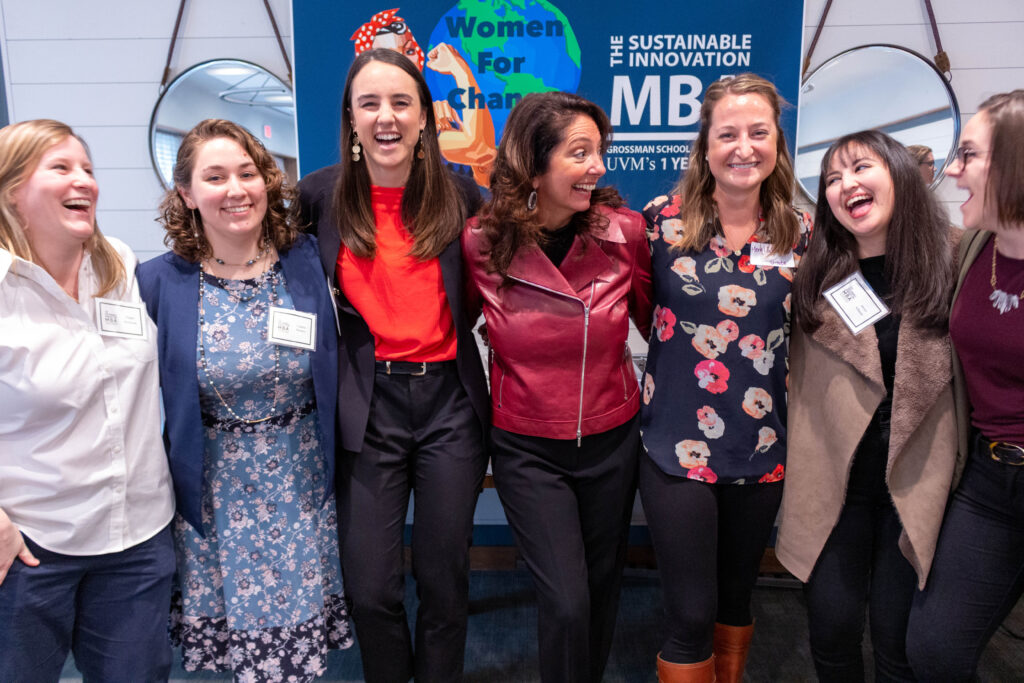
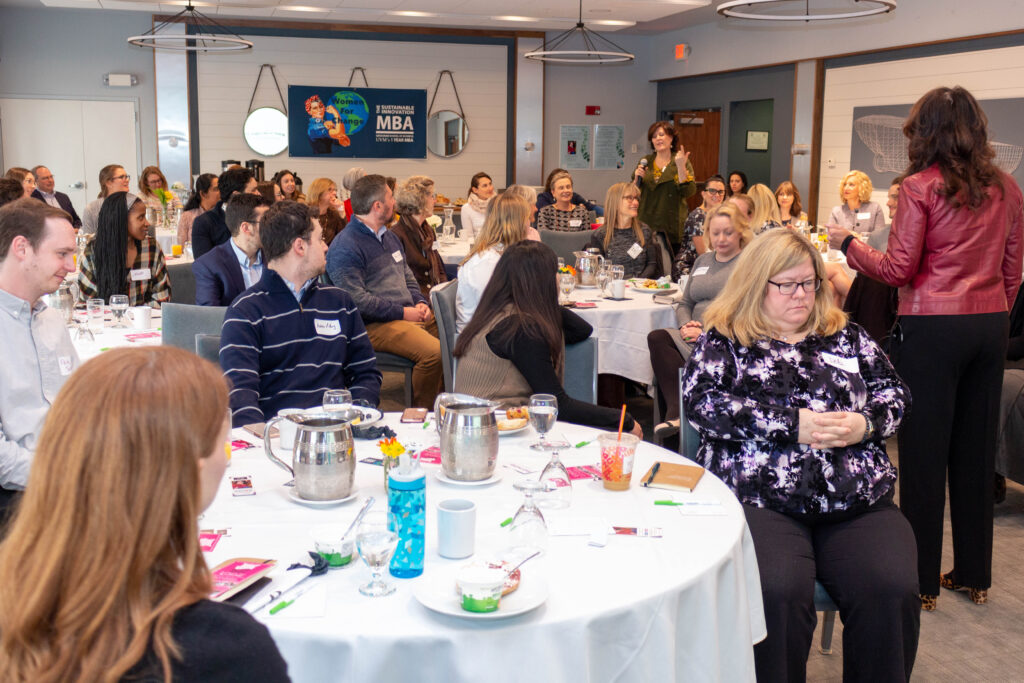
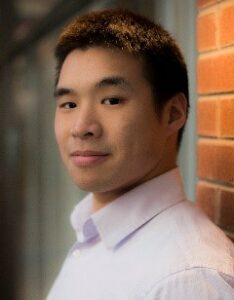 I’ve been searching for an MBA program for quite some time, but was having difficulty finding one I was excited about until I cam across The Sustainable Innovation MBA program. I knew that I wanted to incorporate sustainability components into my career, so this program felt like the perfect fit for me.
I’ve been searching for an MBA program for quite some time, but was having difficulty finding one I was excited about until I cam across The Sustainable Innovation MBA program. I knew that I wanted to incorporate sustainability components into my career, so this program felt like the perfect fit for me.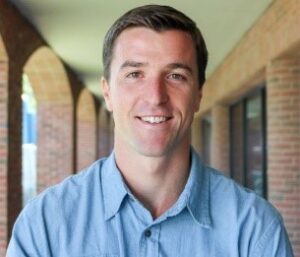 I wanted to continue working in a field that made a positive impact in our communities and on the world in general and felt the the private sector was the right place to move into, but I wanted — and needed — to expand my professional toolkit first.
I wanted to continue working in a field that made a positive impact in our communities and on the world in general and felt the the private sector was the right place to move into, but I wanted — and needed — to expand my professional toolkit first.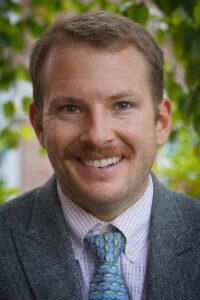 “The pressure was on, it was mid-July and I did not have an apartment yet for the upcoming school year. Do I try to find someone looking for a roommate? Get an apartment then try to find a roommate? Or do I just find a one-bedroom apartment? Where do I try to live? Should I get a pet-friendly apartment so my dog can come up and visit?
“The pressure was on, it was mid-July and I did not have an apartment yet for the upcoming school year. Do I try to find someone looking for a roommate? Get an apartment then try to find a roommate? Or do I just find a one-bedroom apartment? Where do I try to live? Should I get a pet-friendly apartment so my dog can come up and visit?  “
“ I chose this program for its welcoming, collaborative environment and because I wanted learn the questions to ask and tools to use to make business better. I also love knowing that I will be back out in the world in less than a year, better equipped to make a difference!
I chose this program for its welcoming, collaborative environment and because I wanted learn the questions to ask and tools to use to make business better. I also love knowing that I will be back out in the world in less than a year, better equipped to make a difference! Despite these amazing numbers, almost everyone has experienced a time when our brain seems small; incapable of remembering simple things, and incapable of performing simple tasks. This happens to almost everyone, including the brilliant minds of UVM’s Sustainable Innovation MBA students.
Despite these amazing numbers, almost everyone has experienced a time when our brain seems small; incapable of remembering simple things, and incapable of performing simple tasks. This happens to almost everyone, including the brilliant minds of UVM’s Sustainable Innovation MBA students.
